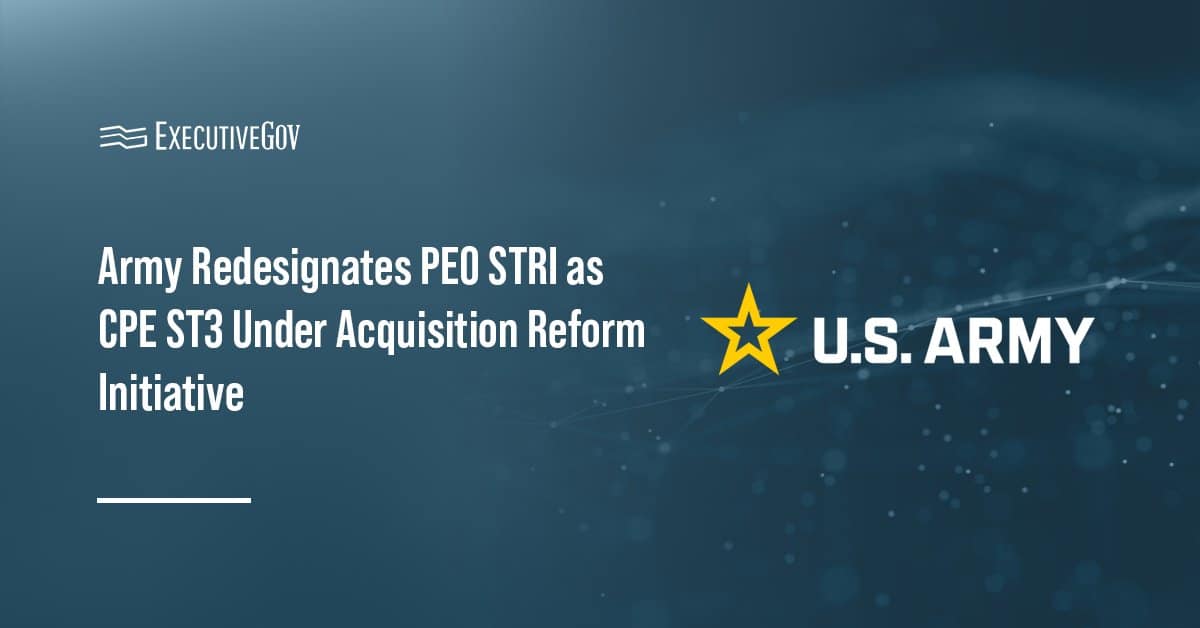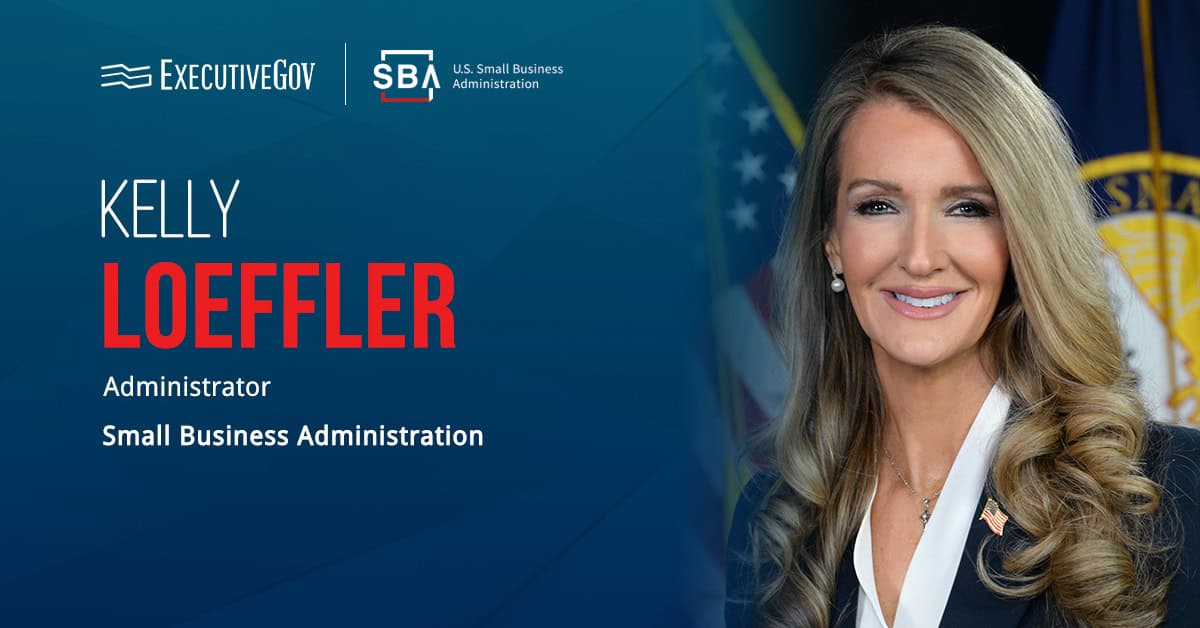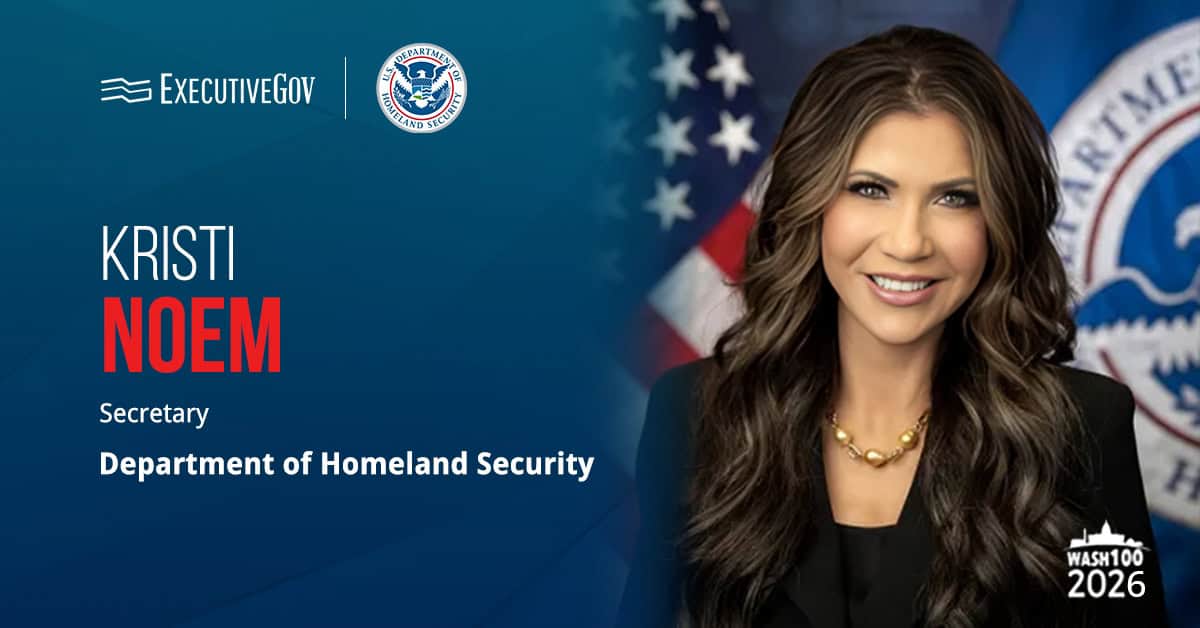 The Treasury Department has published an abbreviated form of its policy to punish foreign organizations or individuals that hack U.S.’ cyber-dependent critical infrastructure, Federal Times reported Monday.
The Treasury Department has published an abbreviated form of its policy to punish foreign organizations or individuals that hack U.S.’ cyber-dependent critical infrastructure, Federal Times reported Monday.
Aaron Boyd writes the regulation came after President Barack Obama ordered the department to protect U.S. assets and citizens against large-scale intrusions by international threat actors through a sanctions program.
“The executive order allows us to put a name to those who go to great lengths to mask their identities and to expose our adversaries behind these attacks for the world and, of course, financial institutions to see,” John Smith, acting director of the Treasury’s foreign assets control office, was quoted as saying.
The federal cyber sanctions program calls for authorities to restrict entry of suspected overseas hackers to the U.S. , freeze their accounts and ban them from doing business with local companies.





